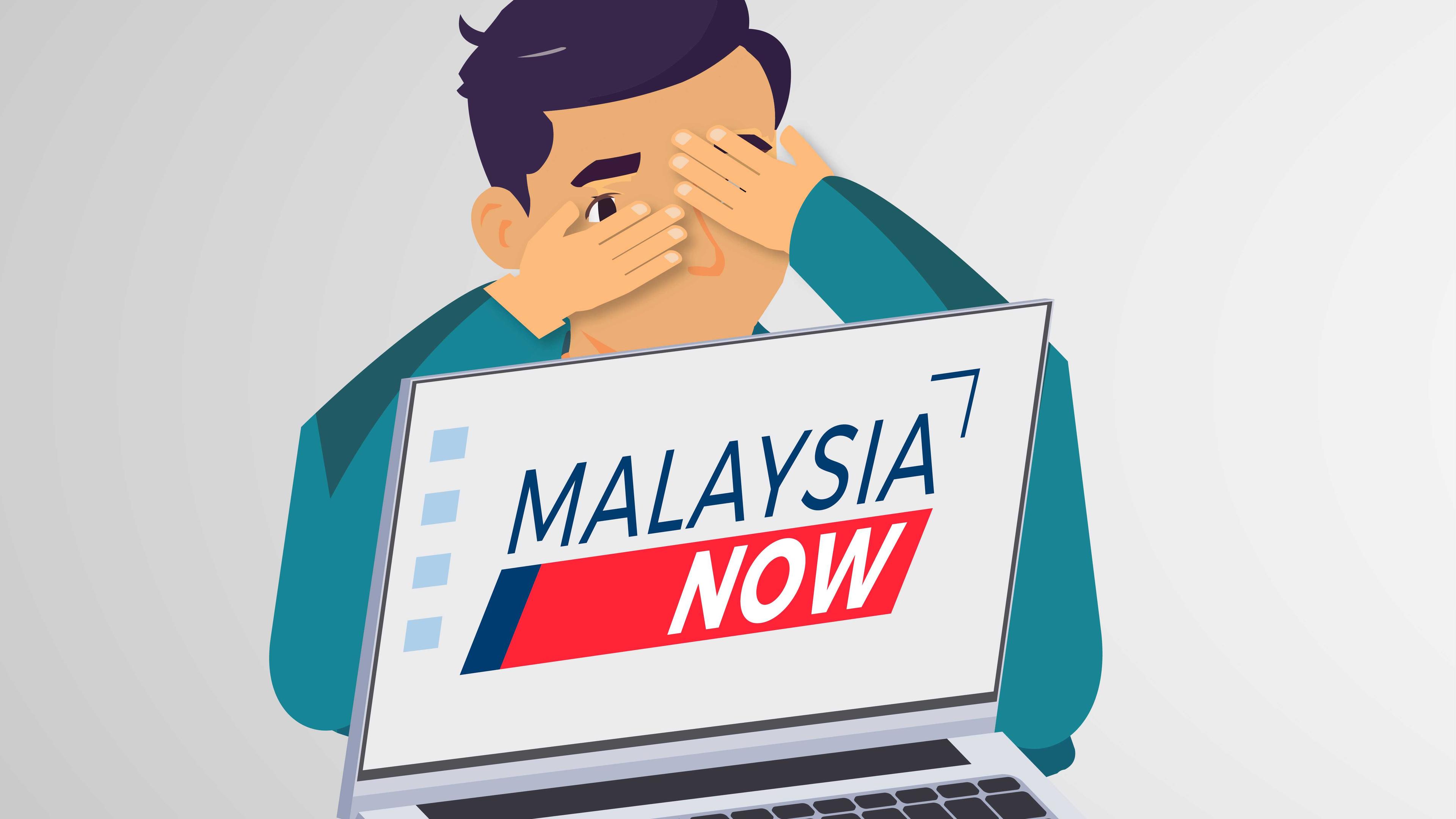In freedom index among Muslim countries, Malaysia ranks midway
Findings are generally grim for Malaysia although it does fare better in terms of rule of law.
Just In
Malaysia has been ranked somewhere in the middle of a list showing how Muslim-majority countries fare in terms of personal freedom, but joins almost all others in falling short of the world average, according to a recent study on freedom in the Muslim world conducted by a Washington-based institute.
The study released last month by The Cato Institute, a think tank which conducts research on a wide range of policy issues, also found that more than 1.8 billion of the world’s 1.9 billion Muslims live in nations where personal freedom is below the world average.
| Countries | Personal freedom |
| Bosnia and Herzegovina | 8.04 |
| Albania | 8.01 |
| Burkina Faso | 7.39 |
| Kyrgyz Republic | 7.05 |
| World average | 6.98 |
| Senegal | 6.97 |
| Kazakhstan | 6.69 |
| Lebanon | 6.52 |
| Indonesia | 6.38 |
| Sierra Leone | 6.27 |
| Jordan | 6.23 |
| Mali | 6.15 |
| Azerbaijan | 6.10 |
| Tunisia | 5.97 |
| Kuwait | 5.97 |
| Niger | 5.92 |
| Bahrain | 5.91 |
| Nigeria | 5.90 |
| Turkey | 5.74 |
| Malaysia | 5.70 |
| Morocco | 5.68 |
| Tajikistan | 5.49 |
| Chad | 5.49 |
| Pakistan | 5.47 |
| Bangladesh | 5.37 |
| Guinea | 5.37 |
| Qatar | 5.24 |
| Algeria | 5.2 |
| Oman | 5.2 |
| United Arab Emirates | 5.09 |
| Libya | 4.83 |
| Mauritania | 4.83 |
| Brunei Darussalam | 4.76 |
| Gambia | 4.64 |
| Iran | 4.48 |
| Saudi Arabia | 4.32 |
| Sudan | 3.97 |
| Egypt | 3.95 |
| Iraq | 3.47 |
| Yemen | 2.75 |
| Syria | 2.53 |
Source: Human Freedom Index 2019.
The study looked at several categories of personal freedom – rule of law, security and safety, freedom of movement, religion, association, assembly and civil society, expression and information – measured in the Human Freedom Index, considered the most comprehensive freedom index so far created, covering 162 countries.
In one list measuring the personal freedom of some 40 Muslim-majority countries, Malaysia scored 5.70, above neighbouring Brunei (4.76), but well behind Indonesia (6.38), which ranked among those with greater personal freedom.
Yet, like most others, all three Southeast Asian Muslim states ranked below the world average for personal freedom (6.98).
Only four Muslim countries – two European, one African and a former Soviet republic – scored above the world average in terms of personal freedom, making them, according to the study, the freest in the Muslim world. They are Bosnia and Herzegovina, Albania, Burkina Faso and Kyrgyzstan.
Free speech
Almost half of the Muslim countries scored about 7.00, the global average score on freedom of expression being 7.75.
Malaysia was among the countries which scored lower than 7, ranking below Middle East sheikhdoms such as Qatar and Kuwait, and well below Indonesia which scored 7.52. Bosnia again emerged on the top of the list, followed by Albania, Lebanon, Senegal, Nigeria and Tunisia, all of which scored above 8.
Malaysia also ranked lower than Iran and Pakistan in terms of religious freedom, and is among the Muslim countries accused of having the worst records in religious freedom, with Saudi Arabia placed at the bottom.
The study defines religious freedom as the freedom to establish and operate religious bodies without legal and regulatory restrictions, as well as without harassment and hostility.
In terms of women’s freedom, Malaysia achieved a score of 5 out of 10.
Major Muslim countries such as the UAE, Iran, Qatar, Egypt and Saudi Arabia came out last with scores of about 2.
Kazakhstan achieved a full score of 10, while other Central Asian and European nations such as Kyrgyzstan, Azerbaijan, Bosnia and Albania followed closely.
Turkey also got a high score of 9, despite the study naming Turkey as one of three “worst trend-setters” in their records of personal freedom.
Rule of law
Despite the grim findings, Malaysia is among the better ones when it comes to rule of law, another area of The Cato Institute’s study.
It joins Jordan, Bosnia and Herzegovina and Albania with above the world average scores on rule of law.
In its report, researchers also attempted to find out whether the level of freedom in Muslim countries is linked to how democratic they are.
While globally, a country is freer when it is more democratic, the study said the involvement of political Islam in democracy means such a correlation is not relevant in the Muslim world.
“One explanation is that democracies in the Muslim world, especially with the involvement of Islamist parties, tend to take an illiberal form, where human rights and freedoms, as they are universally defined, may be curbed by popular consent,” the think tank said, giving examples of how Turkey, despite its more democratic system, fared worse than more authoritarian countries such as Kyrgyzstan, Kazakhstan, Jordan and Burkina Faso in terms of personal freedom.
Subscribe to our newsletter
To be updated with all the latest news and analyses daily.



